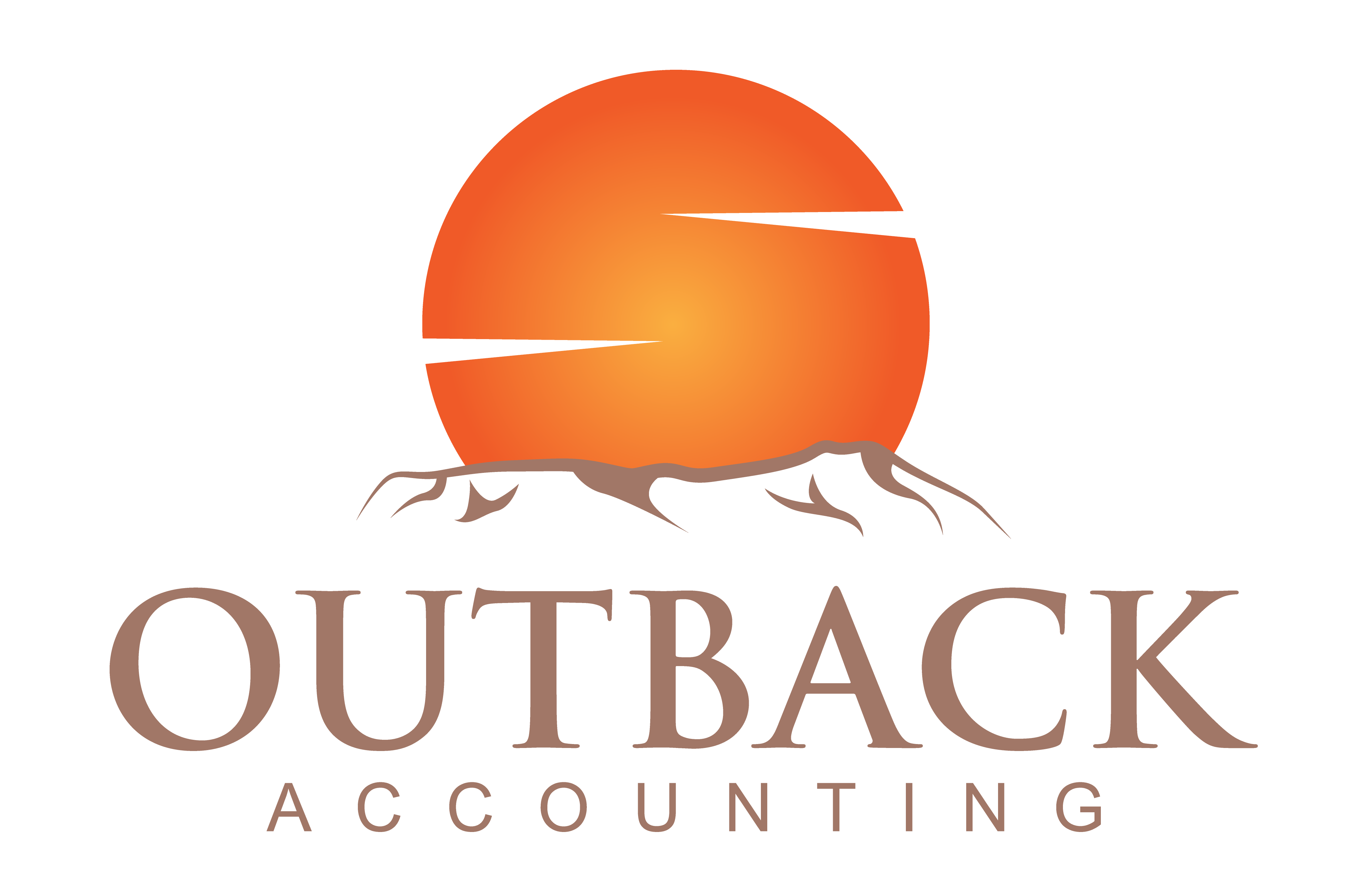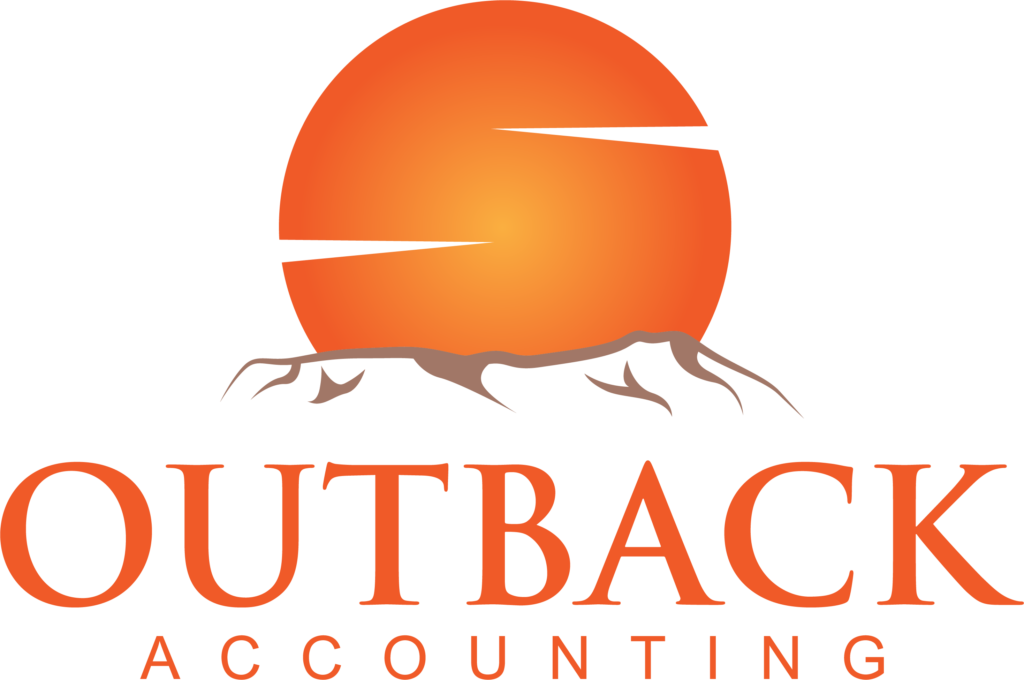Table of Contents
Don’t be part of the small business owners in Sydney who pay more tax than they actually need to? The reasons are ineffective business infrastructure and outdated tax planning strategies that contribute significantly to these high taxes. Whether it’s a small business or a large corporation, implementing effective tax planning is not just optional; it’s essential for minimising taxable income and ensuring long-term sustainability and growth for your business.
If you are interested in knowing about effective tax planning, continue reading. In this blog, we will explore five key tax planning strategies that can help you reduce your tax burden.
So, without further ado, let’s get started.
Top 5 Tax Planning Strategies For Small Businesses
Here are the smart business tax strategies that every small business owner must consider to effectively manage their tax obligations and improve their overall financial health.
Build Tax-Effective Infrastructure
To minimise tax liability, it is important to choose the right tax-efficient business structure for your operations. Consider investing in accounting software like Xero, MYOB, or QuickBooks to streamline your financial records and stay tax compliant. Forecast all your cash flows and prepare for your liabilities in advance. Moreover, if you have employees, plan employee benefits carefully to minimise Fringe Benefit Tax (FBT). Finally, make sure to regularly review your financial performance as this will help identify tax-saving opportunities early on.
Claim All Deductions
It’s a fundamental tax planning strategy to claim all eligible deductions you are entitled to. These deductible expenses can include rent, utilities, office supplies, employee training, professional fees, business travel, equipment, and vehicle expenses. Small businesses operating from home can benefit by claiming a portion of their rent, electricity, and internet expenses. For smooth tax reporting and audit-proofing your claims, it is essential to keep digital copies of receipts and invoices.
Superannuation Contributions
Business owners and employees can benefit from superannuation contributions, where employers contribute to employee retirement funds. According to current legislation, employers must pay a certain percentage of an employee’s wages into their super account, which is currently 12% of ordinary earnings. Making super contributions on time allows business owners to claim that amount as a tax deduction for businesses. Additionally, small business owners can contribute extra money into their own super fund to reduce their taxable income.
Instant Asset Write-off
The instant asset write-off allows you to claim the full cost of any inventory or item purchased for your business in the same financial year. For instance, if you purchase item (computer, vehicle, or equipment) for a specific cost, the instant asset write-off enables you to claim the entire amount in that financial year. This helps reduce your tax burden and is a quick way to achieve tax relief while upgrading your business assets. It is a shortcut that allows small businesses to deduct the full cost of eligible assets in one go, rather than spreading it out over several years.
Hire Professional Tax Planners
While it is possible to manage tax planning on your own, hiring our tax advisor in Sydney can be a smart decision. They will help navigate complex tax laws and implement tax-effective strategies. Professionals will help you stay tax compliant and avoid costly mistakes and Australian Taxation Office (ATO) penalties. They can also assist in maximising deductions and seizing tax-saving opportunities. Furthermore, they can handle ATO representations and suggest strategies tailored to your unique business goals.
Reliable Tax Professionals in Sydney
At Outback Accounting, we provide effective tax planning strategies that not only ensure you are compliant but also help you maximize your profits and promote business growth. Our Professional tax Accountants in Sydney assist you in streamlining your business structure, managing cash flow, maximising profits, maintaining efficient record-keeping, and navigating the complex tax system. We stay informed about tax changes to ensure long-term compliance and efficiency.
Are you ready to streamline your tax chaos? Call us at 1300 474 711 or book your consultation. Our experts will get back to you to discuss your business financial goals.
Frequently Asked Questions
Why do small businesses need to evaluate their tax?
Small businesses must evaluate their tax to avoid ATO penalties, audits, and interest charges. Proper tax planning ensures smooth cash flow without incurring unexpected bills. Moreover, it allows smart identification of detections and credits to reduce oral tax liabilities.
What are some key taxes that a small business must pay?
Small businesses pay taxes on profit earned by their business, which is income tax, tax on goods and services sold (GST), and a Quarterly payment of your own business tax, which is a PAYG installment. Fringe Benefits Tax (FBT) that employers pay on providing non-cash benefits to employees, and PAYG Withholding that employers withhold from employee wages and send it to the ATO.
Why do small businesses need tax professionals?
Expert tax professionals provide guidance on law changes, navigate complex tax law, and tailor a strategy for your business that helps you manage risk and maximise benefits. Professional small business tax planning saves you time to focus on other core business operations.










